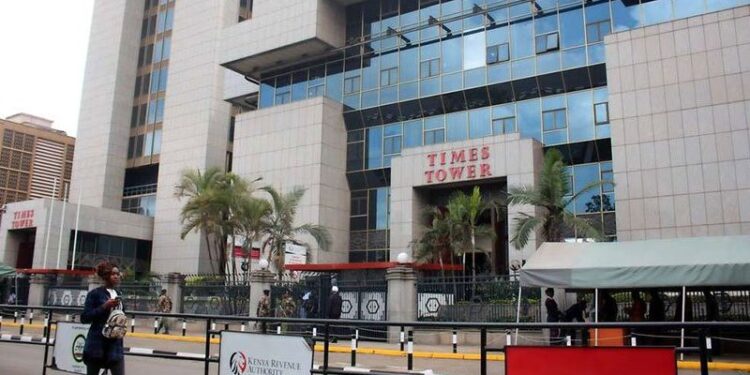In a major policy shift that affects all importers into the country, the Kenya Revenue Authority (KRA) has announced that all consignments entering Kenya must now be accompanied by a Certificate of Origin (COO). The directive, which took effect on July 1, 2025, stems from new provisions in Section 44A of the Tax Procedures Act, as amended by the Finance Act 2025.
This marks a departure from the previous regime, where such certificates were required only for goods under preferential trade agreements such as COMESA or the EAC, mainly to facilitate tariff benefits. Under the new law, all imports – regardless of trade bloc or destination – must be documented with a valid COO, or risk seizure and forfeiture by the KRA.
A Certificate of Origin is an internationally recognized document issued by a designated authority in the exporting country, attesting that the goods being exported were wholly obtained, produced, manufactured, or processed in that country. It helps verify product origin, supports trade negotiations, and plays a critical role in customs clearance.
According to KRA, this step is part of ongoing efforts to tighten import compliance, combat dumping and under-declaration, and ensure that only legally verified goods enter the Kenyan market.
For a COO to be valid under the new rules, it must contain:
- Name and address of the exporter
- Name and address of the importer
- Port of origin
- Accurate description of the goods
- Quantity of goods
- Country of origin
- Country of destination
The certificate must be issued by a competent authority, which refers to a government agency or officially designated organization in the exporting country.
Importers failing to comply will face strict consequences under the amended Tax Procedures Act. Non-compliant consignments will be subject to seizure or outright forfeiture by the Commissioner for Customs or an authorized officer.
KRA has emphasized that the directive is non-negotiable, noting that enforcement will be strict after a temporary grace period lapses.
To give traders time to adapt, KRA has allowed a transitional window until September 30, 2025, during which consignments may still be cleared as long as efforts to comply are evident.
Importers are advised to immediately engage with their foreign suppliers to begin obtaining valid Certificates of Origin for all future shipments. From October 1, 2025, all non-compliant goods will be treated as illegal under the new law.
This move will have widespread implications for businesses, especially small-scale importers, clearing agents, logistics firms, and international suppliers dealing with Kenyan clients. Compliance will likely require:
- Tighter coordination with overseas suppliers
- Enhanced documentation management
- Training customs staff on new clearance protocols
- Potential delays and cost implications for shipments that do not meet the new requirements
It also signals KRA’s wider effort to modernize customs operations, improve revenue collection, and align Kenya with global best practices in trade documentation and traceability.
“KRA remains committed to facilitating legitimate trade while ensuring full compliance with the law,” said the Commissioner for Customs and Border Control in the public notice. The Authority also reiterated its commitment to working with the business community to ensure a smooth transition.
For more information and trade facilitation guidance, KRA has urged businesses to reach out via its contact centres or visit its website at www.kra.go.ke.





